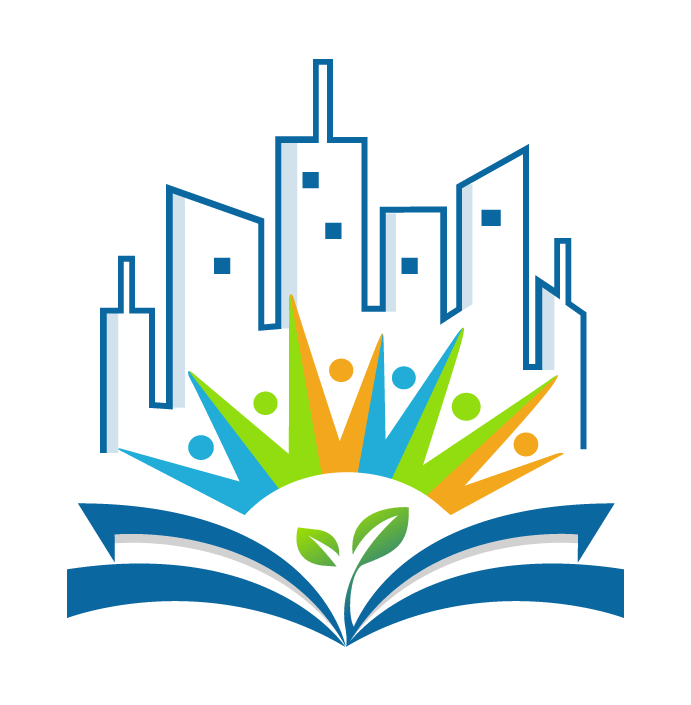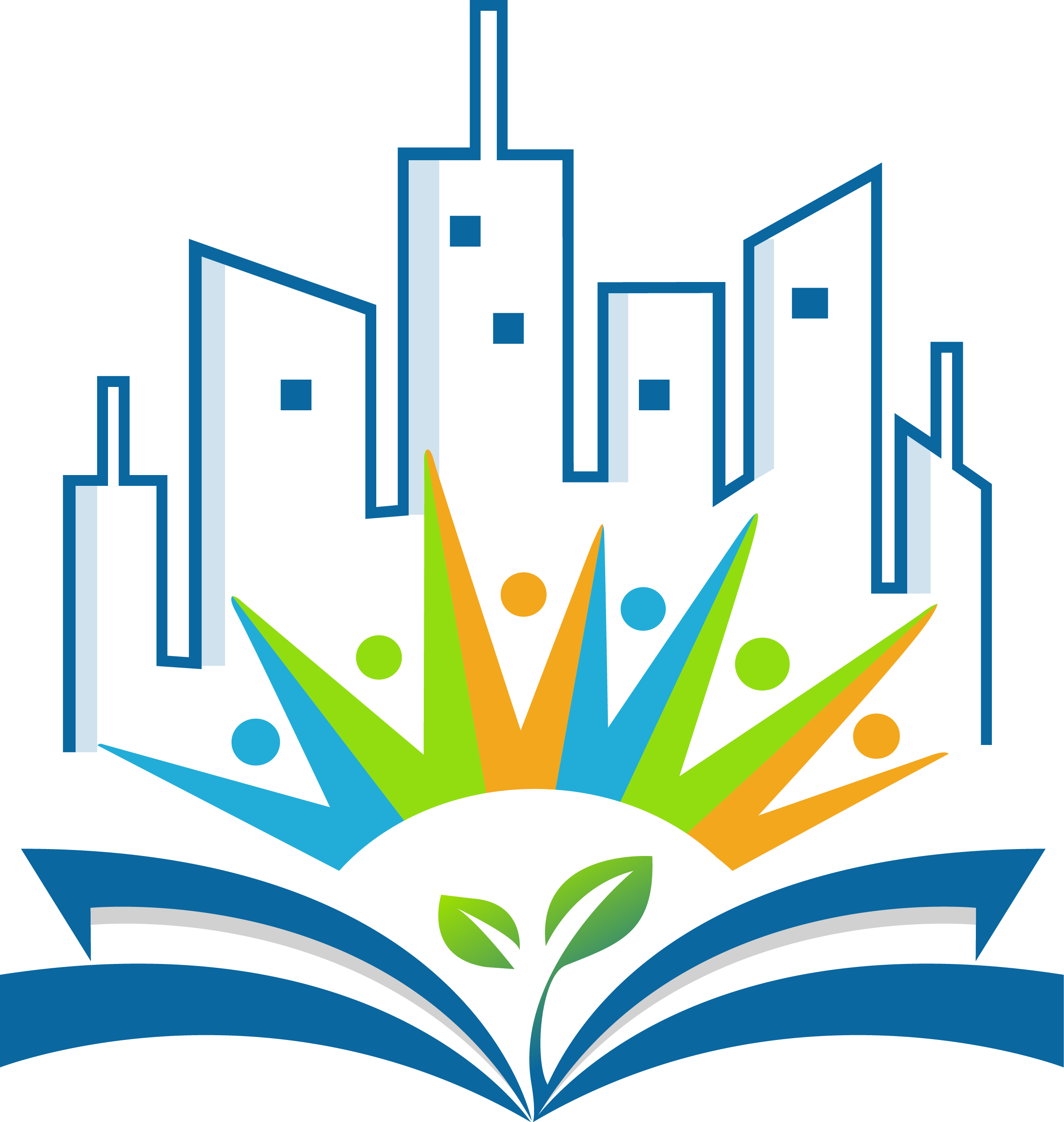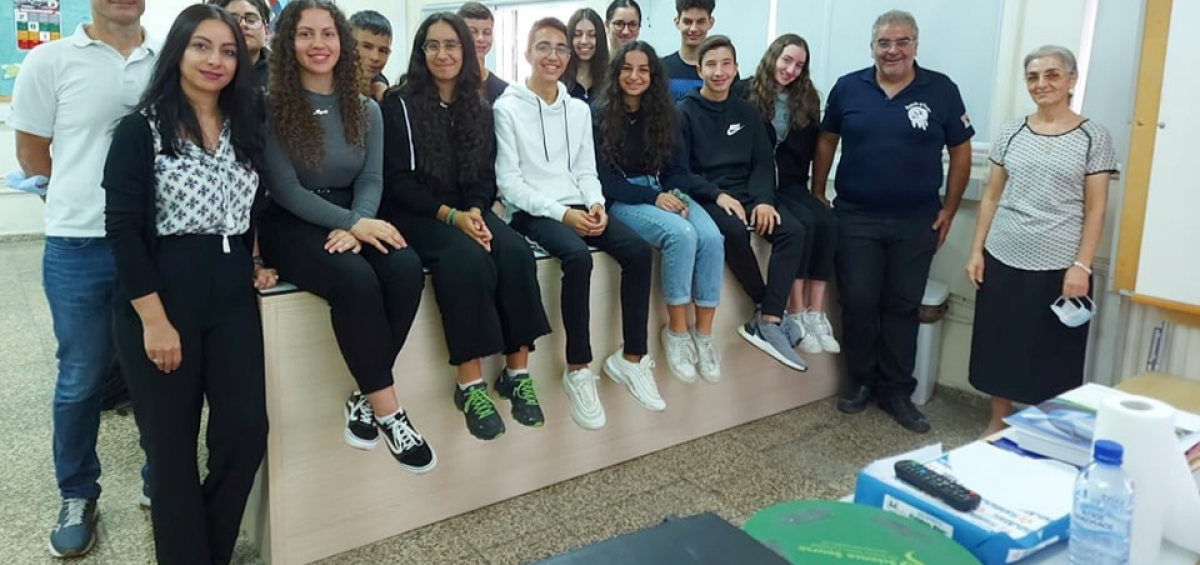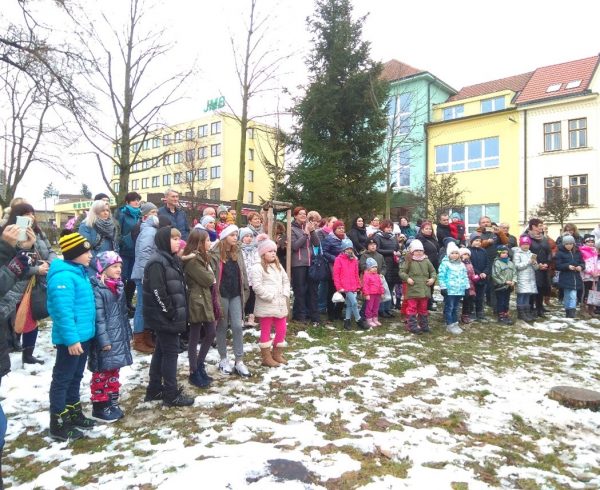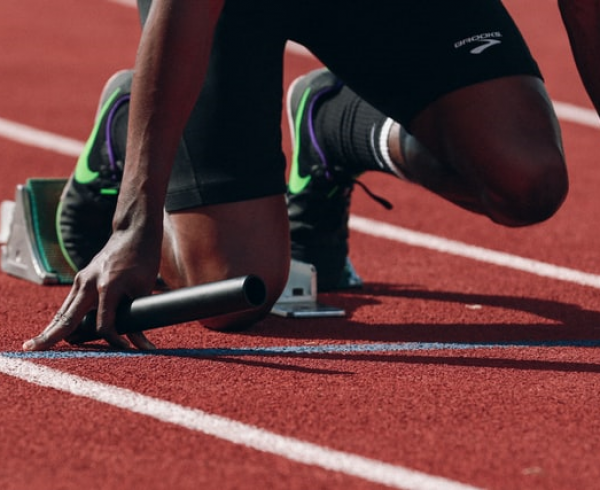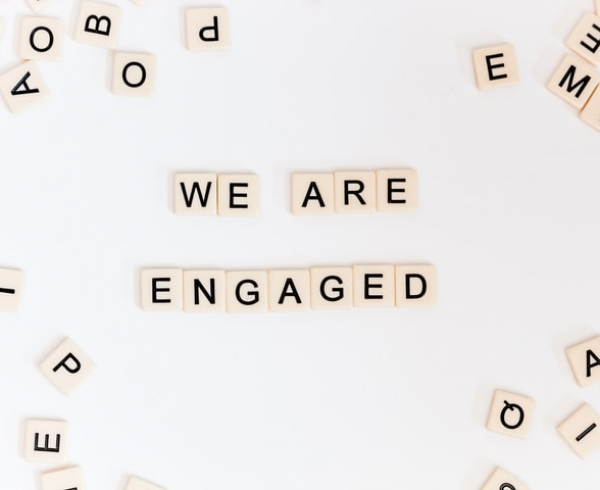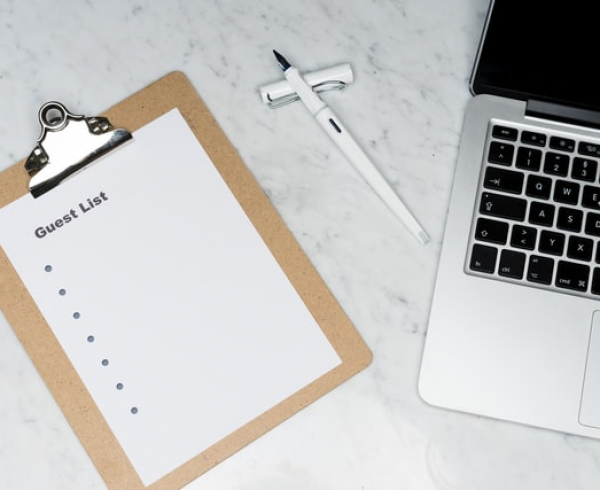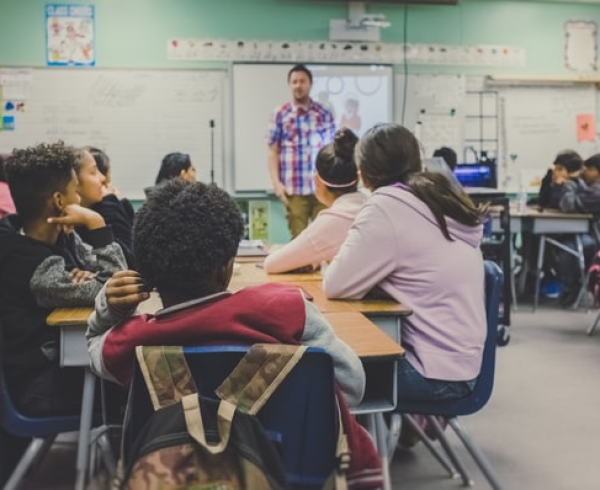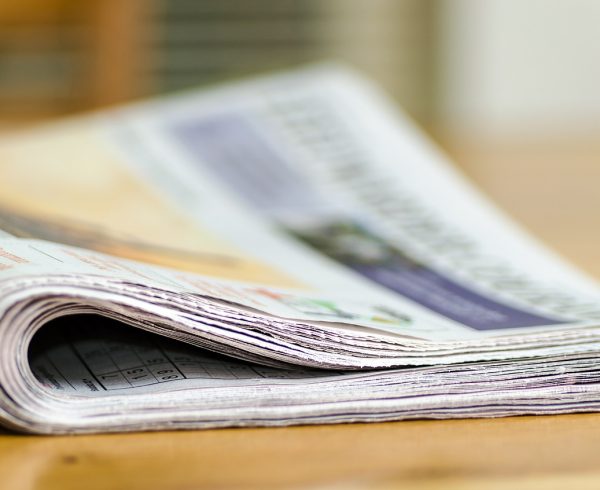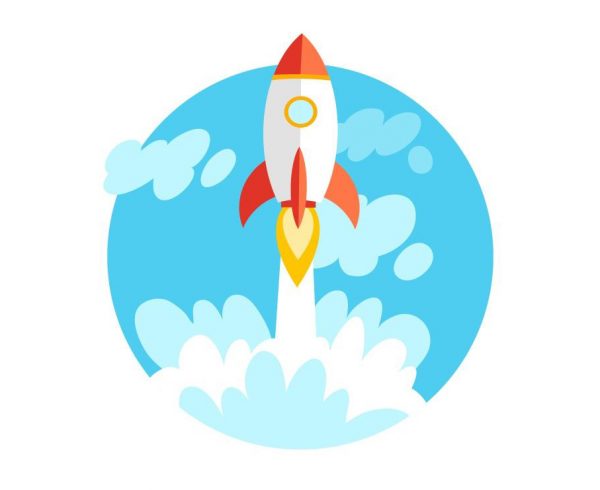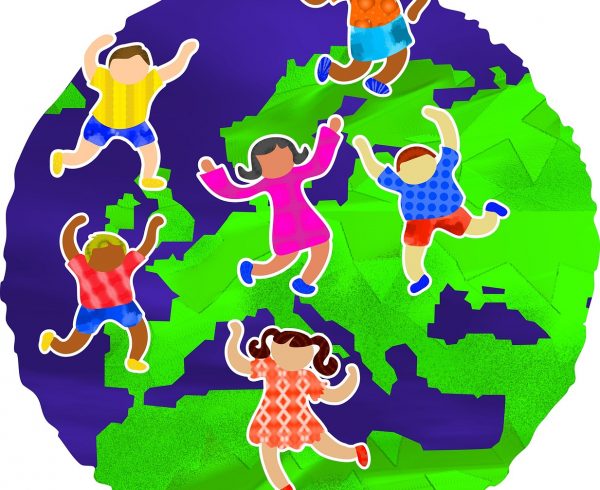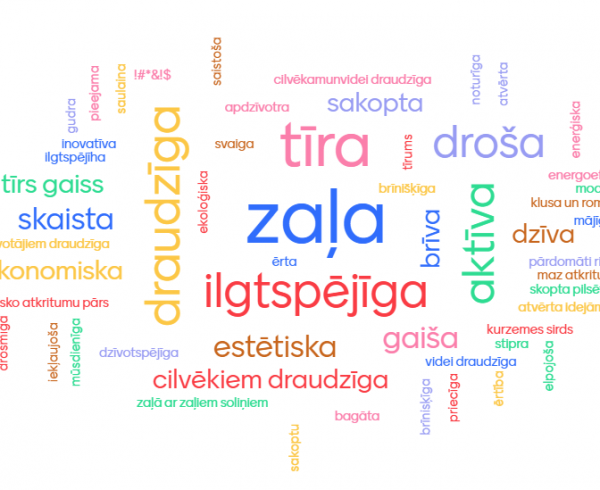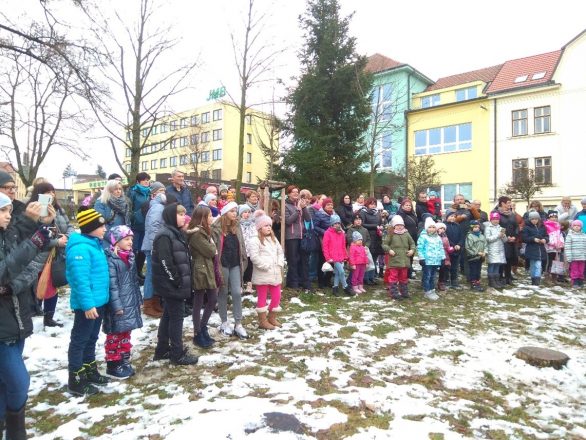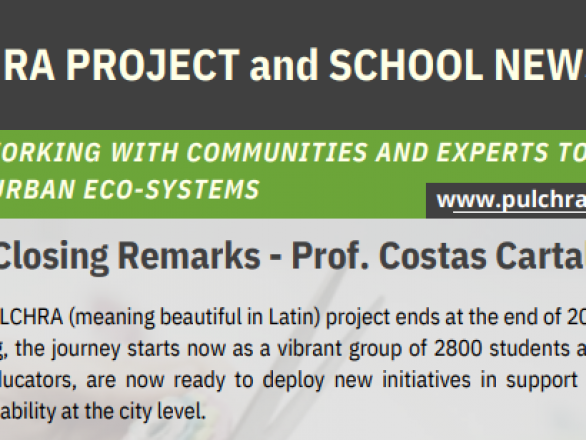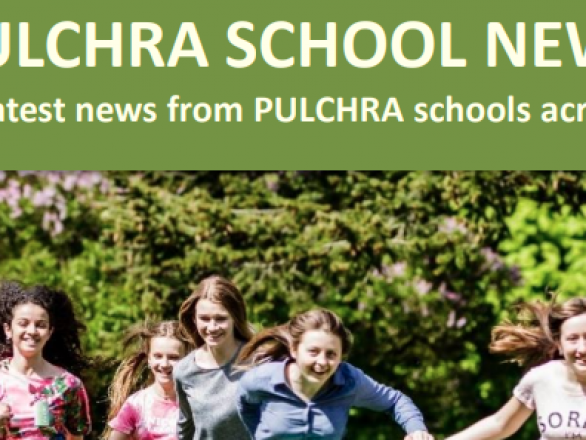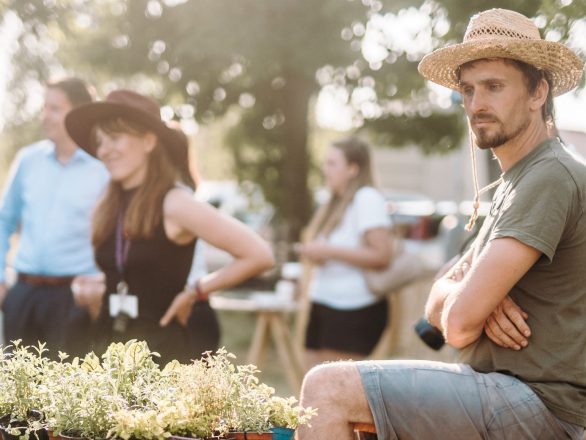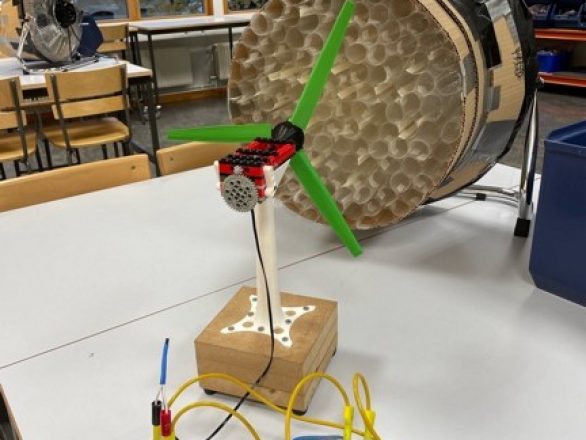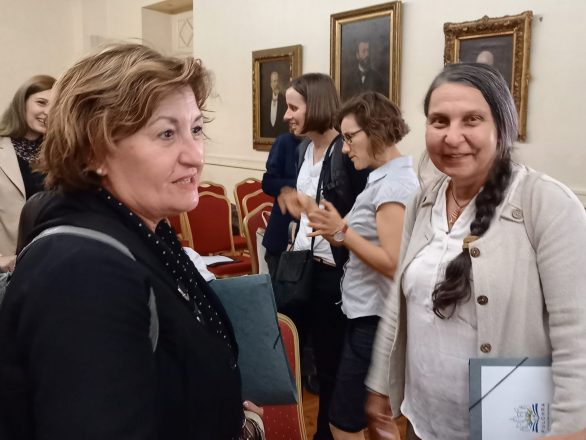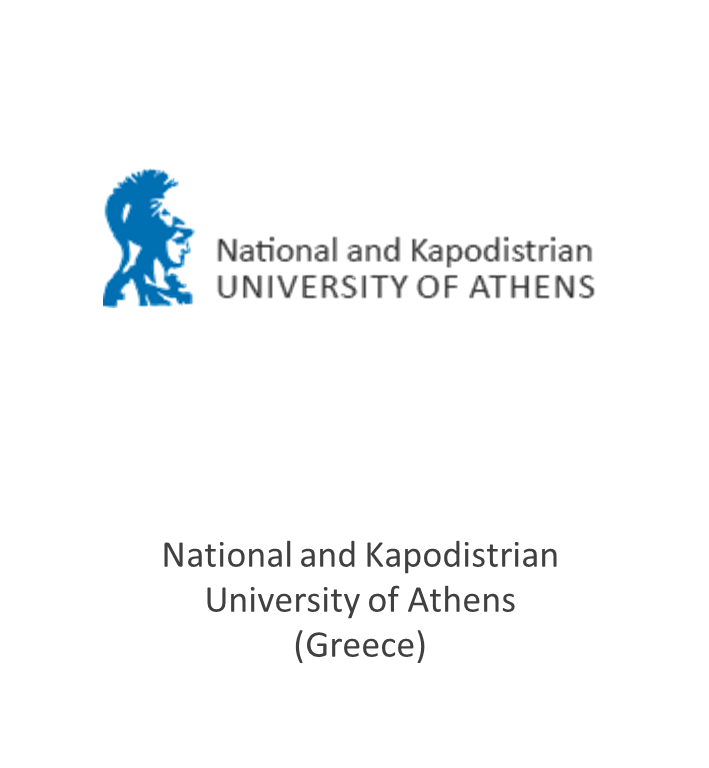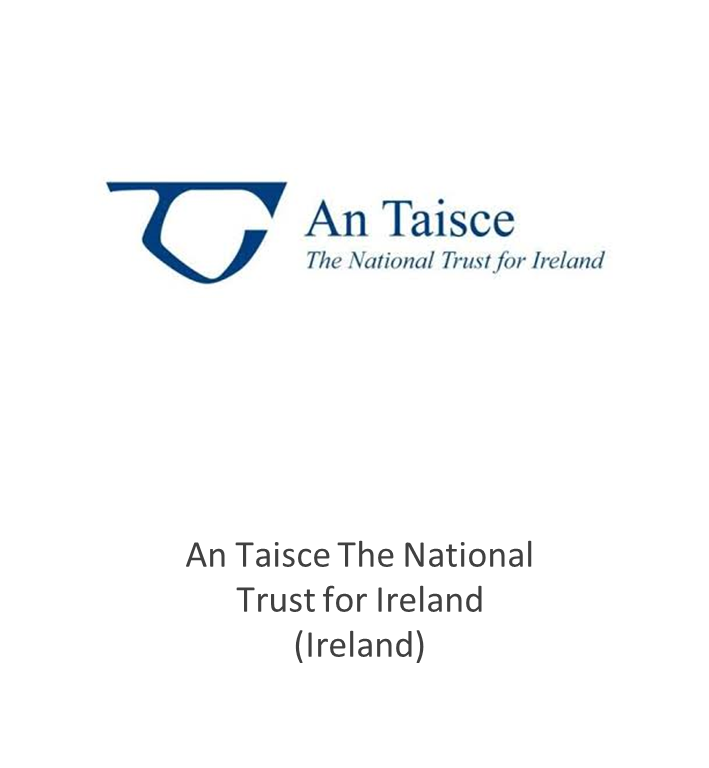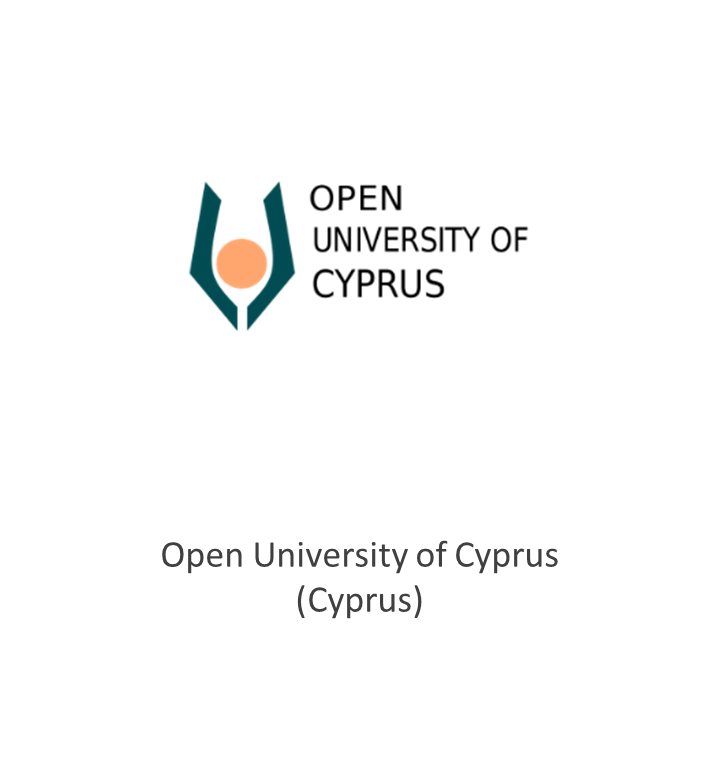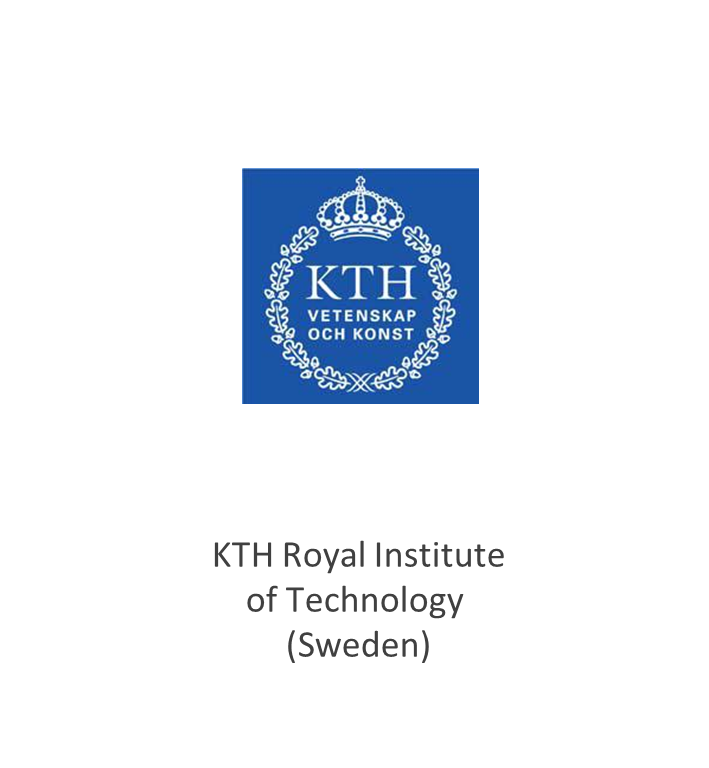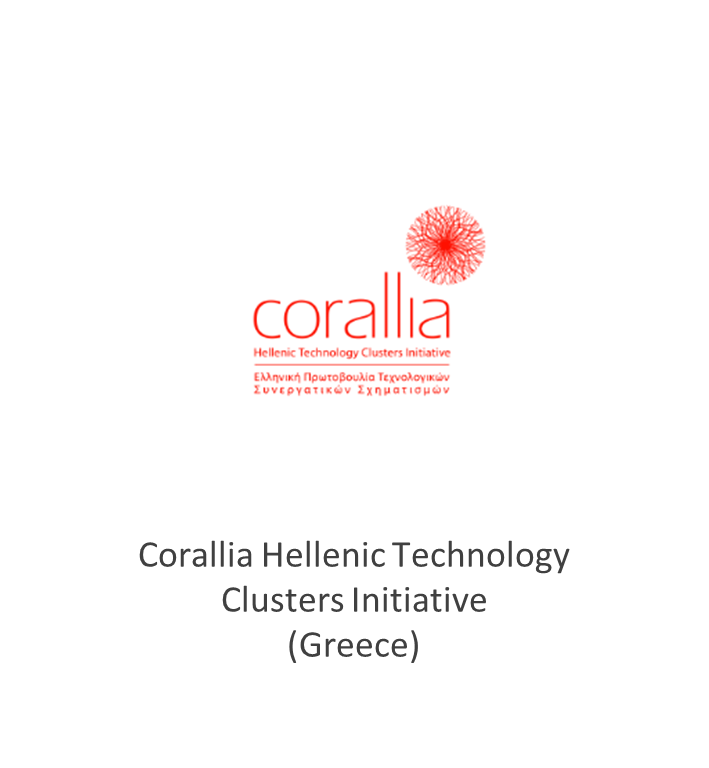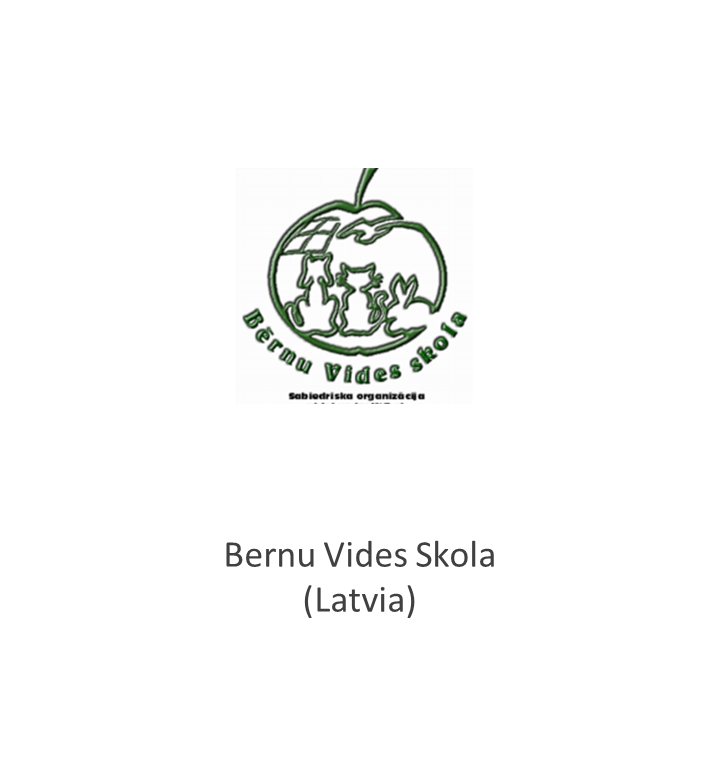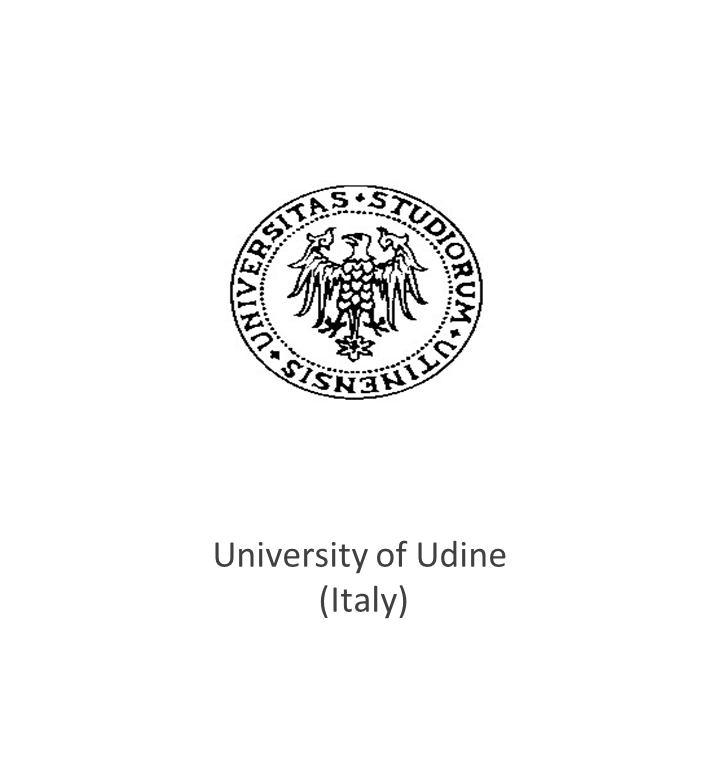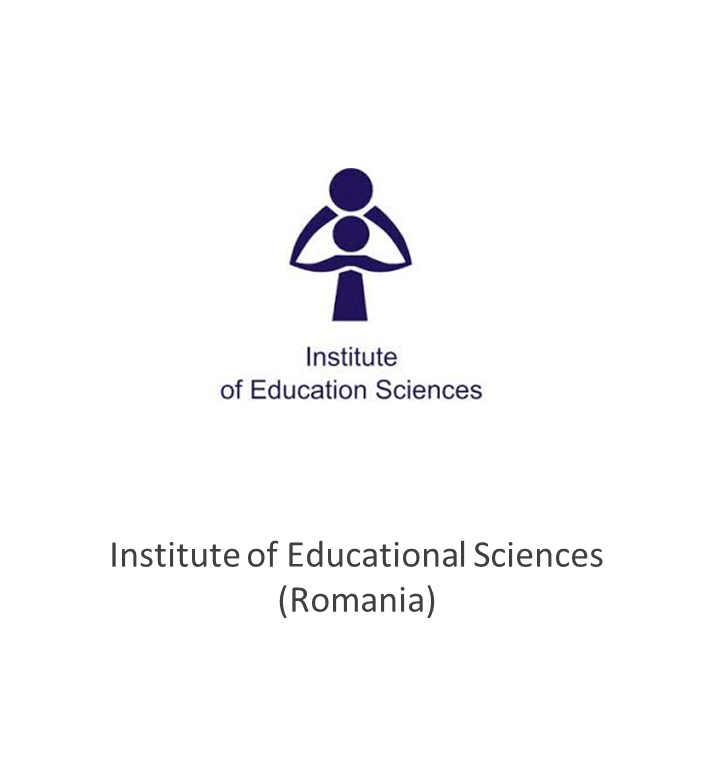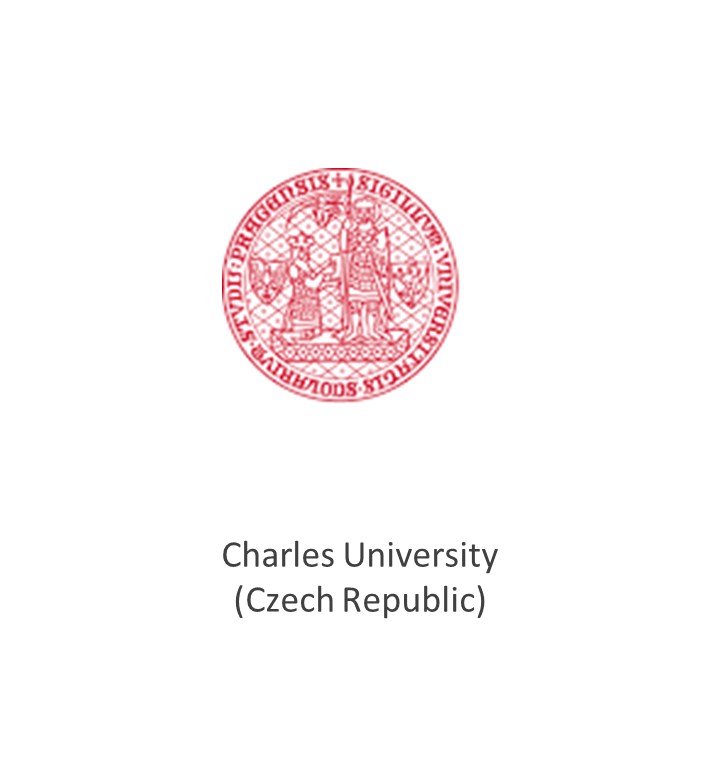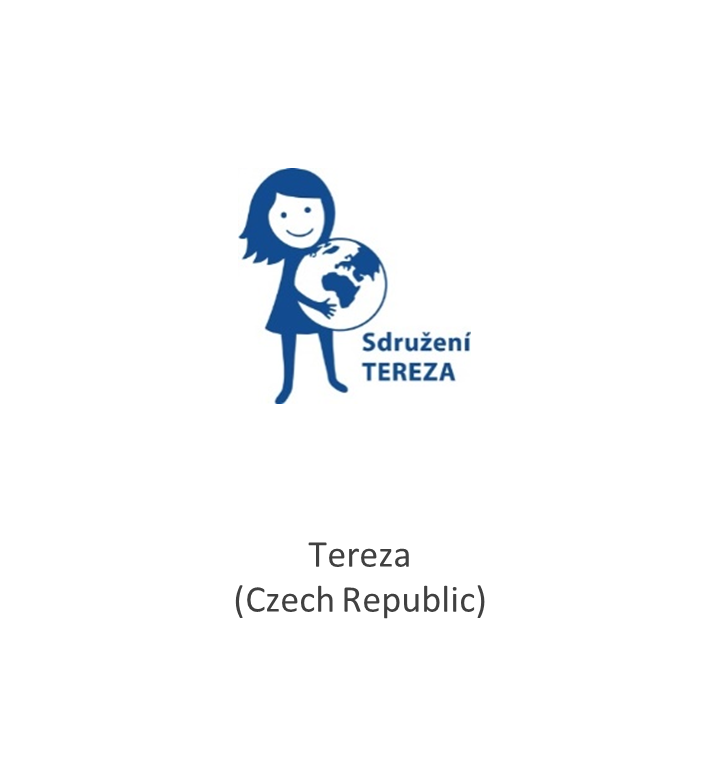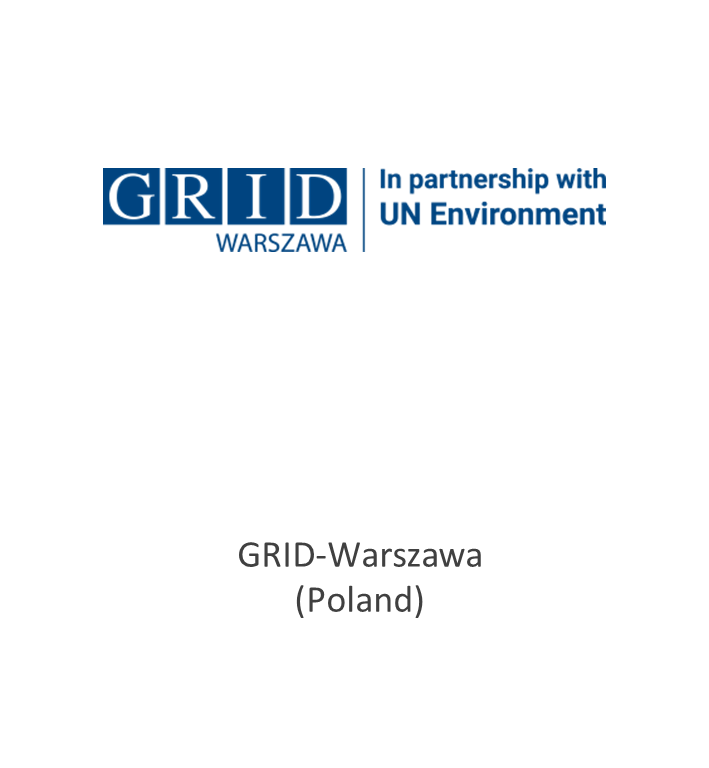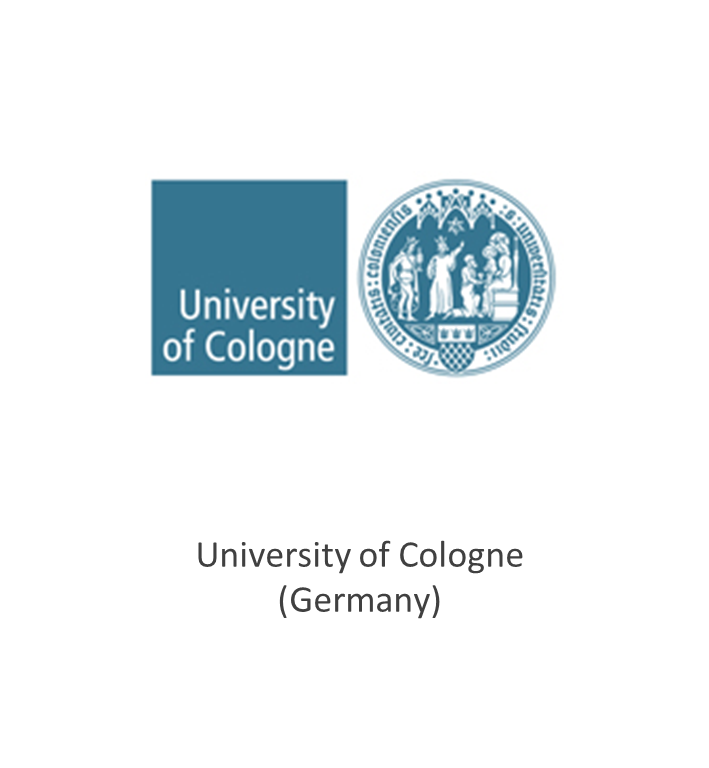The simulation game – what to do to save our community
Students from the Ag. Ioanni Lyceum in Cyprus were contributing to creating a PULCHRA game for the environment and circular economy. Read their article below to find out what the City Challenge Team creates and the game simulation.
The first question that we have to answer is “How can we interact to achieve successful management of aspects: a waste, healthy environment, costs and public health of our community?”
The game is an organized non-formal education game with specific environmental goals in waste management and circular economy. It is a strategy game with very different results depending on the strategy that each team will follow. In the game, there will be a virtual-time simulation with real-time matching to enable stakeholders to perceive the results of their strategy about environmental policy. The aim is for participants to understand the role of their own decisions about the environment, to become environmentally aware, and to understand the problem of waste management with the ultimate goal of environmental awareness in the issue of waste.
One of the indirect goals is to involve scientific teams in the decision-making process, using their critical thinking in a long-term strategy. One of the main objectives of the European Union is to involve and involve young people in decision-making centers to gain a sense of volunteering and environmental awareness. Through their involvement in this game, scientific teams acquire skills in terms of cooperation (cooperation between teams is essential for the strategic plan to work), acquire roles, increase critical thinking, and acquire skills in decision-making under pressure.
Our goal through the whole process is for the players involved in the game to enter into a strategic process to bring better conditions to the PULCHRA Community.
The hypothetical scenario:
The PULCHRA community, today in 2040 AD is in a bad environmental situation as it has become the garbage dump of the two neighbors’ cities of the Community, the cities of RABISHKA and SHITKA, each of which has a population of over 300,000 inhabitants. The Municipal authorities of the two of these cities defined the landfills of cities without at all environmental awareness at the Community territorial boundaries of the PULCHRA Community because until today there has been no reaction from the Community authorities in their decisions regarding landfills. Seeing all this environmental burden borne by their beloved Community the new PULCHRA Community Council, under the coordination of its President Community decided to act and call Scientific Environment Teams to be able to achieve the best solutions for a proper environment for the inhabitants of the Community and in addition to be able to take advantage of garbage and utilize them through the circular economy for the environment. The Scientific Environmental Teams (role-playing by them involved in the game) suggest solutions based on what is initially available capital provided by the Community Council of the PULCHRA community, to make the best environmental steps, in the long run, planning their strategy so that they can finally offer the best solutions for the Community and the rehabilitation of landfills in parks which will help the Community to avoid several environmental fines and have a healthy environment with activities and environmental parks which will be able to offer a better quality of life for residents of the community.
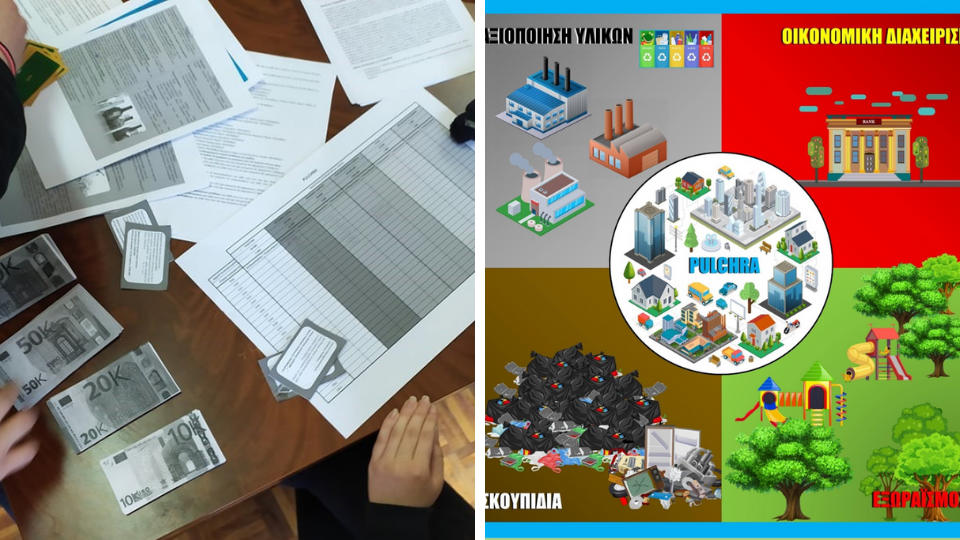
Our City Challenge Team: The game was created by a group of students and teachers of Agiou Ioanni Lyceum under the coordinator Mr. Nichola Nikolaou (physics professor) based on the planning that has been done for environmental program PULCHRA during the school year 2020-2021. Important comments about the game were also given by our environmentalist Stella Komodromou partner from the organization ACPELIA (stakeholder).
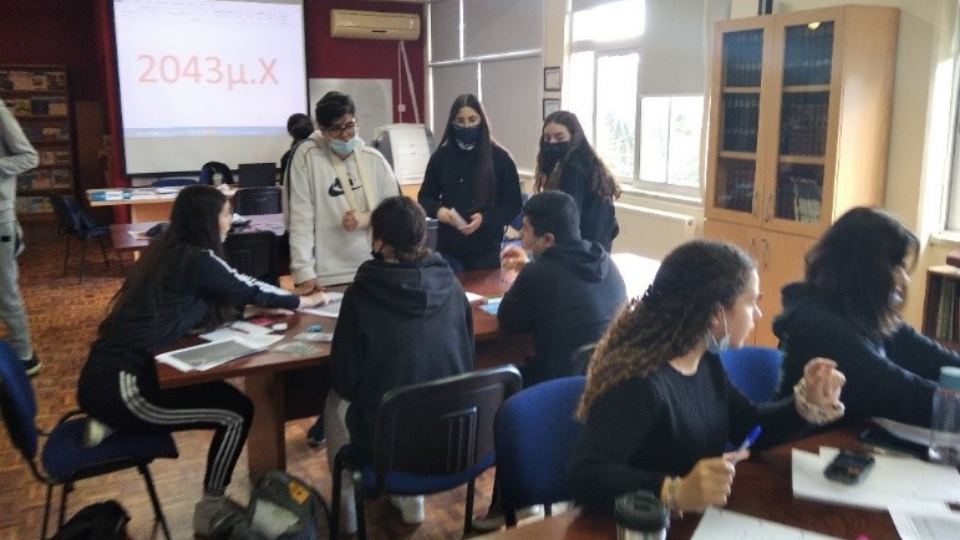
Teachers’ team of the program:
Nikolas Nikolaou (Physics coordinator), Maria Hadjimichael Pouliaou (Philologist), Μaria Christoforou (Chemist), Spyros Onisilou (IT)
Students’ team of the program (alphabetical order):
Antoniou Chara, Kallinaki Martha, Kontogiorgi Giorgos, Kyriakou Aggelina, Constantinou Narina, Mama Evripidis, Nikolaou Eleni, Nikolaou Mixalis, Papadopoulou Eleni, Perdiou Antreas, Solomou Xaris, Hadjikyriakou Nikolas
